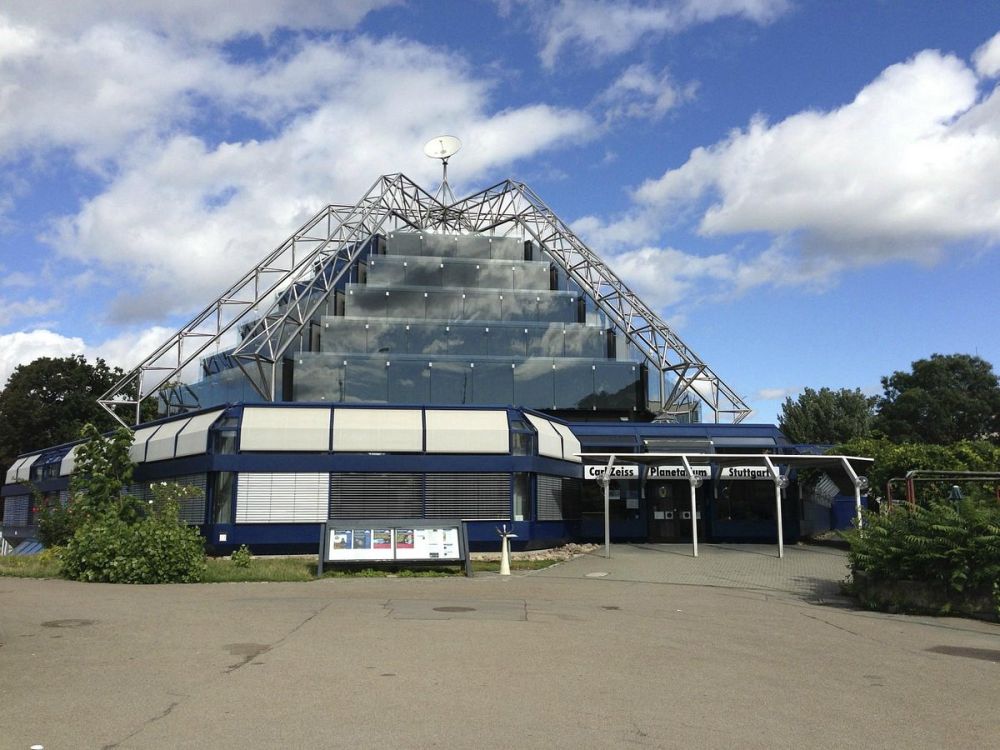

The Carl Zeiss Planetarium in Stuttgart is named after the famous German optician and industrialist, Carl Zeiss, who was pivotal in the development of optical instruments. First opened in 1928, the original planetarium was destroyed during World War II. The current planetarium was then constructed in the 1970s and has since been a staple of Stuttgart's cultural landscape.
As a renowned educational attraction, the Carl Zeiss Planetarium has played a significant role in Stuttgart's tourism since its reconstruction. It offers a fascinating glimpse into the cosmos, providing visitors with unique insights into astronomy and space exploration. Over the years, it has enticed countless tourists, ranging from school groups to international visitors, all looking to experience the wonders of the universe projected beneath its dome.
The planetarium hosts a range of dynamic exhibitions and shows that educate and entertain visitors of all ages. From live presentations of the night sky to captivating films about our universe, the Carl Zeiss Planetarium uses state-of-the-art technology to bring the mysteries of space closer to Earth. Its offerings are regularly updated to include the latest astronomical discoveries and advancements.
In recent years, there has been an increased emphasis on incorporating immersive experiences. The Carl Zeiss Planetarium has embraced this trend with the introduction of high-resolution 4K projectors and 3D sound systems. This enhances the sensory experience for visitors, making the depiction of space more realistic and enthralling. Additionally, there's a growing interest in interactive exhibits, such as virtual reality (VR) stations, allowing guests to virtually step onto other planets and moons.
The planetarium is strategically situated near the city center, making it easily accessible to tourists. The visitor amenities include a gift shop, where astronomy fans can purchase space-themed memorabilia, and a café for light refreshments. It is recommended to book tickets in advance, especially during peak times, to ensure a spot in the most popular shows.
Beyond its significance to tourists, the Carl Zeiss Planetarium serves an integral role in the local community. It offers special programs for local schools and educational groups, inspiring the next generation of astronomers and scientists. It also hosts special events and lectures featuring experts in the field of astronomy, serving as a hub for scientific discourse.
In line with global trends towards sustainable tourism, the Carl Zeiss Planetarium has implemented practices to reduce its environmental impact. This includes energy-efficient lighting and projection systems, as well as educational programs highlighting the importance of preserving dark skies and combating light pollution.
Looking ahead, the Carl Zeiss Planetarium anticipates integrating more cutting-edge technology to further enrich visitor experiences. There is also a focus on expanding its outreach through online platforms and virtual tours, which have gained popularity due to the digital transformation accelerated by the COVID-19 pandemic. This approach aligns with the latest tourism trend, which prioritizes accessibility and digital engagement.